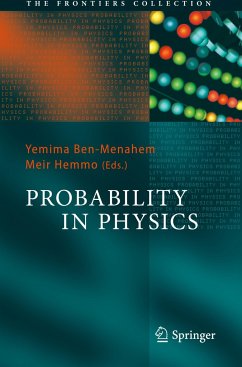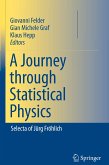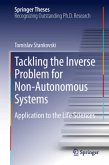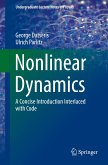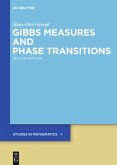What is the role and meaning of probability in physical theory, in particular in two of the most successful theories of our age, quantum physics and statistical mechanics? Laws once conceived as universal and deterministic, such as Newton's laws of motion, or the second law of thermodynamics, are replaced in these theories by inherently probabilistic laws. This collection of essays by some of the world's foremost experts presents an in-depth analysis of the meaning of probability in contemporary physics. Among the questions addressed are: How are probabilities defined? Are they objective or subjective? What is their explanatory value? What are the differences between quantum and classical probabilities? The result is an informative and thought-provoking book for the scientifically inquisitive.
From the reviews:
"This collection of 18 essays looks at the long-debated role of probability in physics. ... This collection leaves readers appreciating the complexity of the philosophical problem. Physicists and philosophers of science should both find this interesting. Summing Up: Recommended. Graduate students, researchers/faculty, and professionals." (E. Kincanon, Choice, Vol. 50 (1), September, 2012)
"This collection of 18 essays looks at the long-debated role of probability in physics. ... This collection leaves readers appreciating the complexity of the philosophical problem. Physicists and philosophers of science should both find this interesting. Summing Up: Recommended. Graduate students, researchers/faculty, and professionals." (E. Kincanon, Choice, Vol. 50 (1), September, 2012)

